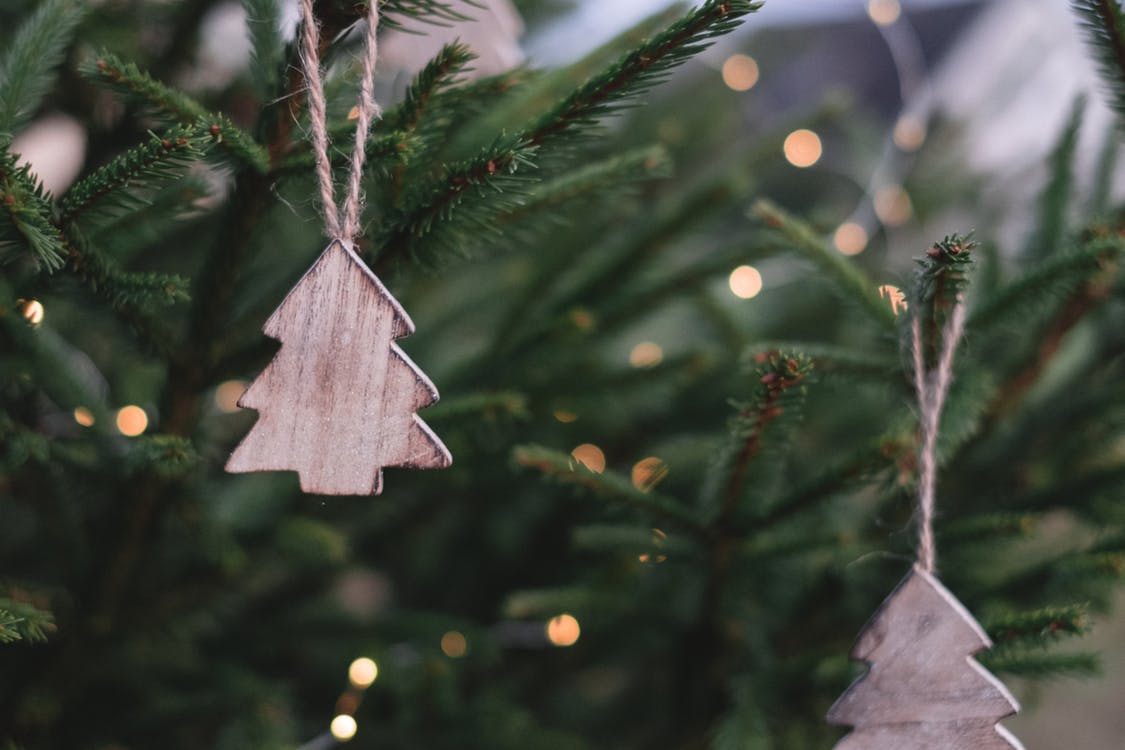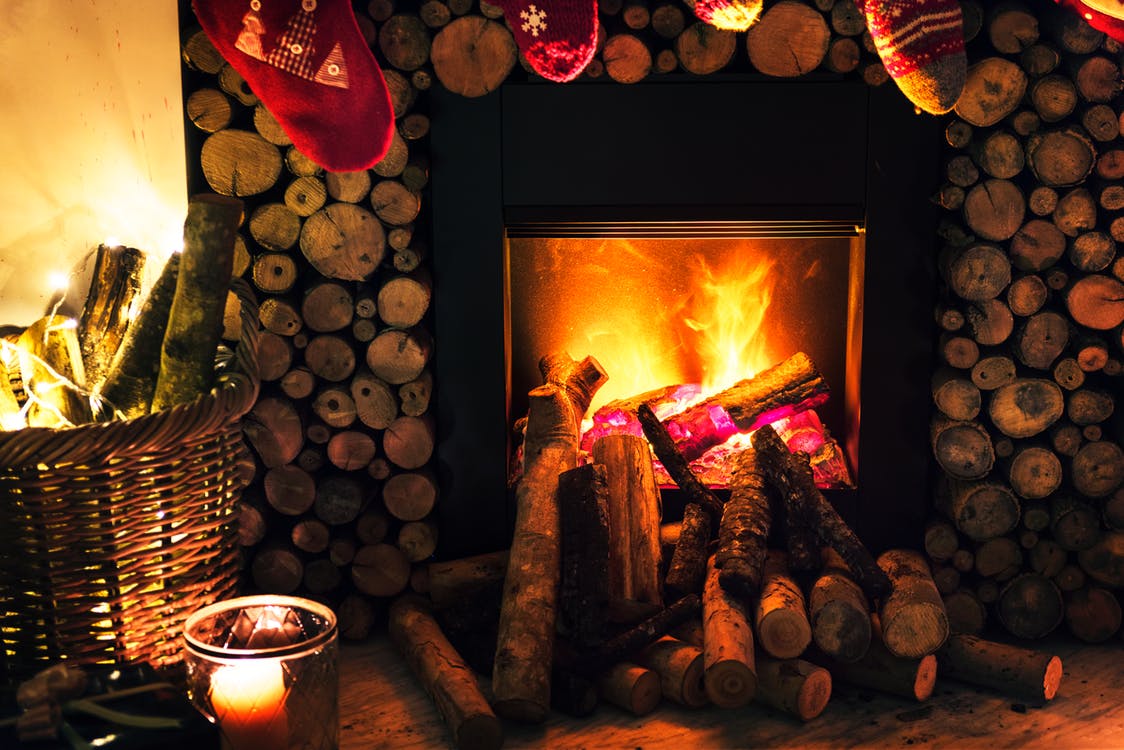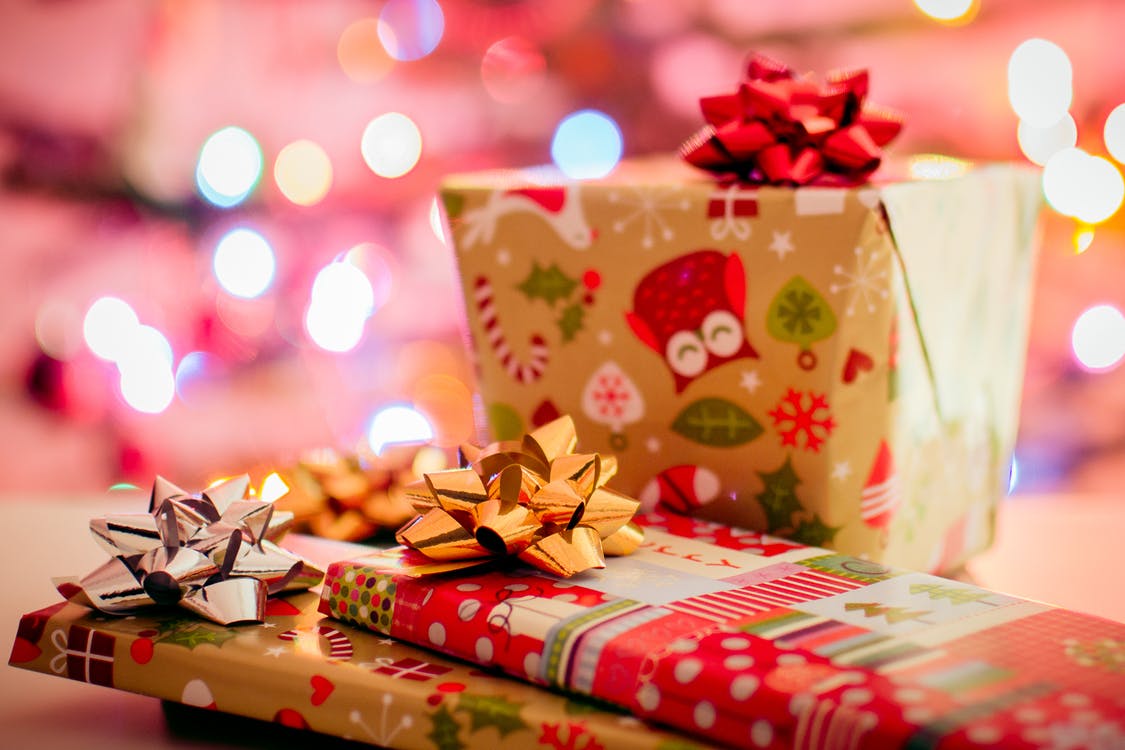
The end of the year is a time to head indoors and enjoy the activities and traditions of the Christmas season. Unfortunately for many Canadians the act of settling in for a long winter’s nap can go hand in hand with disaster. Whether it’s open flames, freezing temperatures, or faulty lights, the holiday season is filled with potential pitfalls that increase the risk of an accident.
To help protect your home and family this winter, we’ve put together a list of common holiday hazards and how to avoid them. Read on for our Christmas safety tips!
Inspect Your Christmas Lights
Before getting started on an outdoor display, check that all lights and extension cords are rated for exterior use. Inspect light strings for damage and discard any cords that show cracked lamp holders or signs of fraying.
When connecting strings, never mix LED and incandescent Christmas light. Older lights run at a much higher current than environmentally friendly bulbs and mixing lights can lead to damaged strings or worse, a fire.
Heat Your Home Safely
With an abundance of decorations and indoor foot traffic during the holiday season, it’s important to keep heating apparatuses clear of any potential flammables. Establish a three foot safety zone around heat sources, and use a barrier to keep children and pets away from gas or wood burning fireplaces.

Furnaces and chimneys should be inspected at least once a year by a professional to mitigate any potential hazards. Ensure fire detection systems are in place throughout your home and check smoke alarms and carbon monoxide (CO) alarms on a regular basis.
Choose the Right Christmas Tree:
A properly hydrated Christmas tree will not only last longer, it’s less likely to become a fire hazard in your home. When choosing your tree, check for freshness by examining the needles. Healthy pine needles will bend when pressure is applied, while fir needles should snap.
To care for your Christmas tree, keep it hydrated by filling the stand with water every two to three days.
While most modern artificial trees are flame retardant, ornaments can still be flammable. To prevent an accidental fire, all Christmas trees should be placed away from heat sources, and any attached lights should be switched off when not at home.
Prevent Frozen Pipes:
A sudden cold snap in an unheated home could lead to cracked or burst pipes. If your home will be unoccupied this winter, switch off the water supply and drain pipes by turning on faucets. Flush toilets to clear away water. As an added precaution, antifreeze can be poured into the tank and bowl to prevent cracking. (A non-toxic antifreeze rated for plumbing systems should be used.)
In instances where your water cannot be shut off, set your thermostat to a minimum of 12°C to keep water pipes from freezing, and turn off any water leading to any appliances such as refrigerators or dishwashers.

Keep Thieves at Bay:
A pile of presents can make a tempting target for potential thieves. To keep grinches at bay, place gifts away from windows and other locations where they might be visible from the street. When putting recycling on the curb after Christmas, be cognizant of which boxes are most visible. Packaging from high-value items (such as consoles or iPads) should be flattened and tucked in discreetly with regular recycling items.
If you’re planning on going away for the season, notify a neighbor, and consider installing a light timer to keep up the illusion that your home is occupied over the holidays.
The holiday season is a wonderful time of year. By taking the proper precautions, you can ensure the close of your year will remain relaxing and enjoyable. Have insurance questions? Our brokers are here to help! Visit SeaFirst at any one of our Greater Victoria Locations or contact us online.
